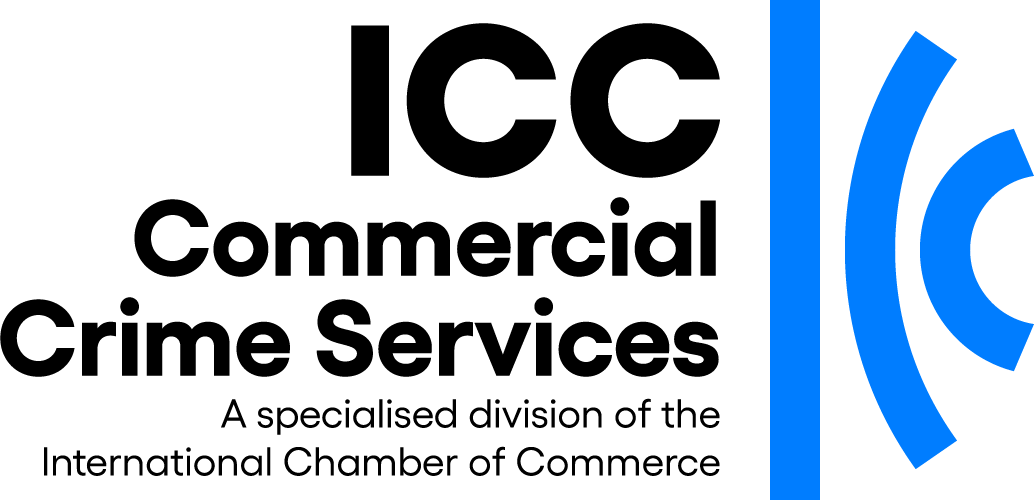
 The UK’s Financial Conduct Authority (FCA) late last month published proposals to extend the Senior Managers and Certification Regime (SMCR) to almost all financial services firms. The new regime will essentially replace the existing Approved Persons Regime.
The UK’s Financial Conduct Authority (FCA) late last month published proposals to extend the Senior Managers and Certification Regime (SMCR) to almost all financial services firms. The new regime will essentially replace the existing Approved Persons Regime.
 The UK’s Financial Conduct Authority (FCA) late last month published proposals to extend the Senior Managers and Certification Regime (SMCR) to almost all financial services firms. The new regime will essentially replace the existing Approved Persons Regime.
The UK’s Financial Conduct Authority (FCA) late last month published proposals to extend the Senior Managers and Certification Regime (SMCR) to almost all financial services firms. The new regime will essentially replace the existing Approved Persons Regime.
Some members will already have adapted to the changes which came into effect on 7 March 2016, covering deposit takers and the largest investment firms (banks), but now the proposed extension will cover almost all sectors of the financial services industry.
It also allows the FCA to apply all elements of the regime to insurers.
According to the FCA, there are three parts to the SMCR.
Firstly, five Conduct Rules that will apply to all financial services staff at FCA authorised firms. This simple set of rules means that individuals must act with integrity, act with due care, skill and diligence, be open and cooperative with regulators, pay due regard to customer interests and treat them fairly, and observe proper standards of market conduct.
Secondly, the responsibilities of senior managers will be clearly set out and, should something in their area of responsibility go wrong, they can be personally held to account. Senior Managers will be approved by the FCA and appear on the FCA Register.
Thirdly, under the Certification Regime, firms will need to certify individuals for their fitness, skill and propriety at least once a year, if they are not covered by the Senior Managers Regime but their jobs significantly impact customers or firms.
The FCA gives the example that “if a firm employs a customer‑facing financial adviser, every manager above them in the same chain of responsibility will have to be certified (until the Senior Manager approved under the SMR is reached).”
The FCA says it is committed to ensuring that the regime is proportionate according to the size of firms, and therefore proposes applying a baseline of specific requirements to all regulated firms, called the ‘Core Regime’.
For the largest and most complex firms (fewer than 1% of regulated firms) the FCA proposes some extra rules, under what it terms the “Enhanced Regime”.
Insurers currently apply a revised version of the FCA’s Approved Persons Regime and the Prudential Regulation Authority’s Senior Insurance Managers Regime.
The FCA proposes to build on this framework and introduce all elements of the Senior Managers and Certification Regime to insurers.
PricewaterhouseCoopers (PwC) says the proposals are set to impact approximately 50,000 FCA solo-regulated firms, which comprise a diverse group of financial services businesses.
It says the 350 largest asset managers, intermediary firms, credit firms and non-bank lenders will be subject to the ‘Enhanced Regime’, which is most similar to the existing SMCR.
“Other firms will either benefit from the lighter ‘Core Regime’, with baseline requirements, and a few firms (such as sole traders, internally managed Accredited Investment Fiduciaries, professional and non-core financial services firms) will be considered limited scope firms and experience the ‘Limited Regime’.
“Appointed representatives are currently out of scope,” PwC says.
Jonathan Davidson, Executive Director of Supervision-Retail and Authorisations at the FCA, said, “This is about individuals, not just institutions. The new Conduct Rules will ensure that individuals in financial services are held to high standards, and that consumers know what is required of the individuals they deal with.
“The regime will also ensure that Senior Managers are accountable both for their own actions, and for the actions of staff in the business areas that they lead,” he said.
CCS’s Financial Investigation Bureau (FIB) says that while the changes can be contentious especially as it reverses partly the burden of proof from the regular to the banker, it enables much-needed control, oversight and accountability.
FIB says the current political and economic climate remains uncertain. “In such times, there is the temptation to view compliance as a hindrance to wealth creation. In fact, it could be an essential condition for long term sustainable growth.”
It is also advising members who may be affected by the proposals to start engaging now to understand how they will be able to meet the FCA’s expectations.
The consultation papers are available to view on the links below.
https://www.fca.org.uk/publication/consultation/cp17-25.pdf
https://www.fca.org.uk/publication/consultation/cp17-26.pdf
Members have until November 3rd 2017 to submit their responses. The FCA expects to publish a technical consultation and then final rules in 2018.






